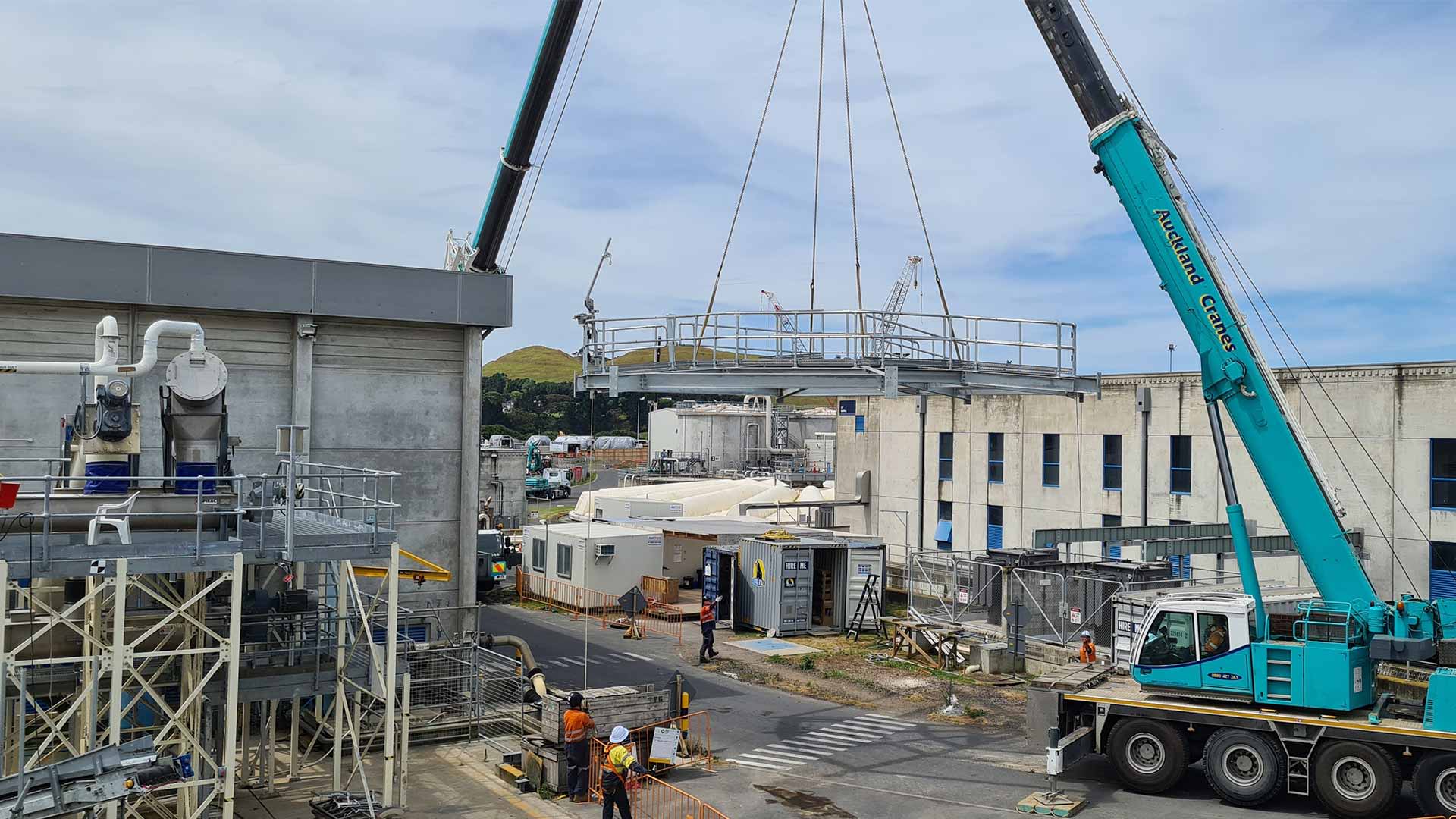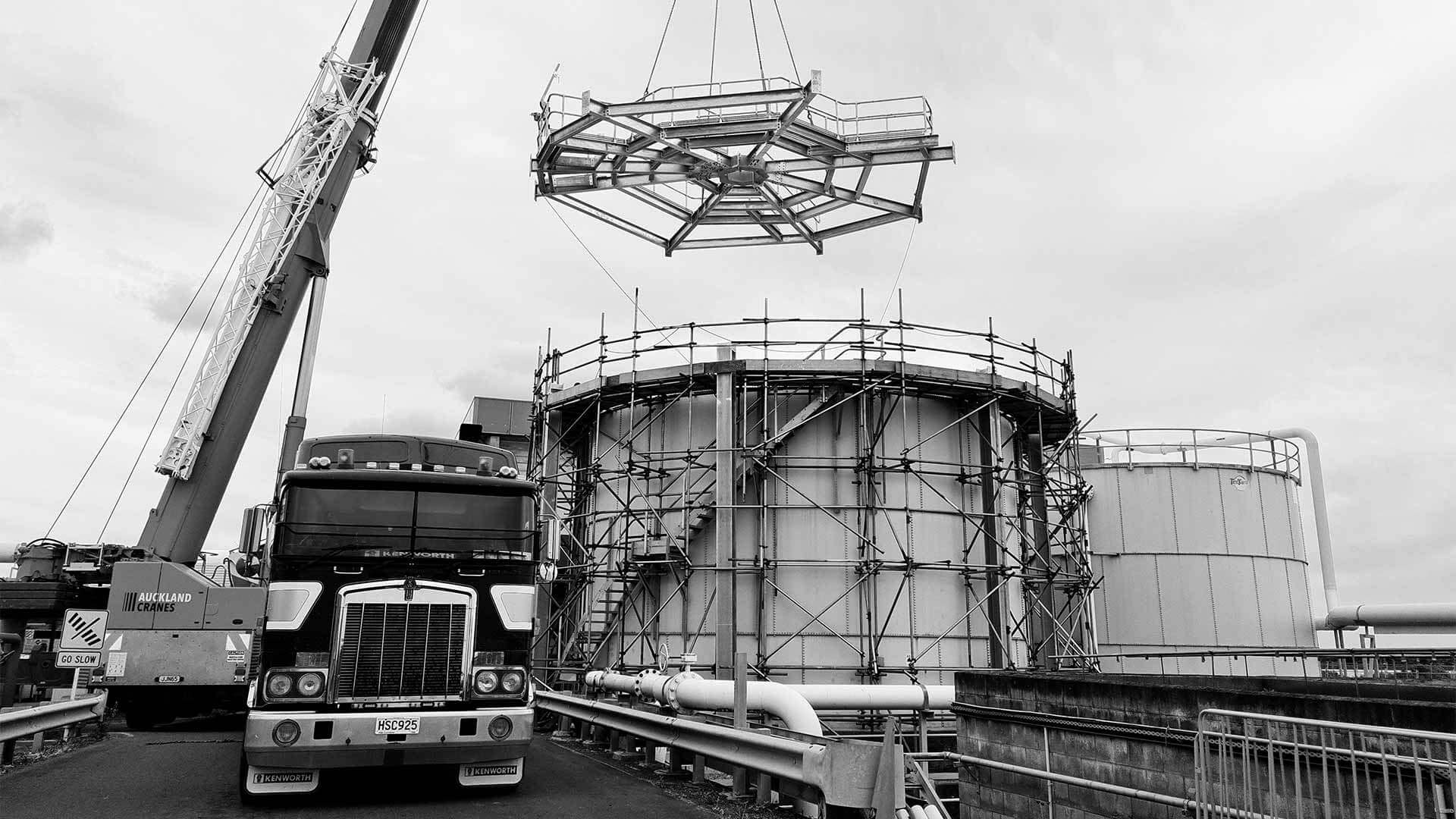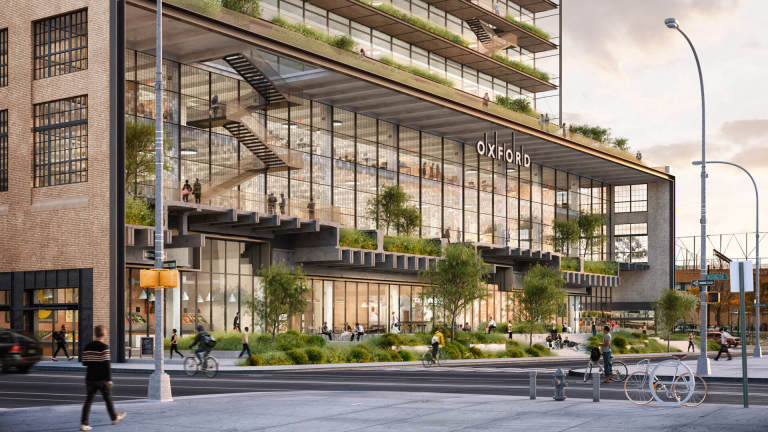Project Story
Waikato River
Following the worst drought on record, the treatment plant on the Waikato River could help increase Auckland’s water supply.
“The major business driver for this project was a true collaboration with multiple parties … by opening up the project, we reduced the risk of not meeting deadlines to deliver water to the residents and the economy required for post-COVID economic re-generation and stability.”
Matthew Stanford
Design Interface Manager, Project Controls Manager
Fletcher Construction Company
Fletcher Construction delivers on the mission-critical Waikato 50 Project.
The Watercare authority has begun considering Auckland’s Waikato River and its associated treatment plant the water supply for the city, having suffered the worst drought on record. The plant prioritises water from the more resilient river feed, giving the water storage dams in the Hūnua and Waitakere ranges time to recharge and recover.
Currently, the treatment plant provides up to 30 percent of drinking water for the Auckland region. However, this project enables an additional 50 million litres per day through the treatment plant.
Putting the project in the hands of a legacy construction partner
Watercare commissioned a 10-year partnership with Fletcher Construction (in a joint venture with Brian Perry Civil). Together, they will address the challenges faced by the local community and the construction industry to achieve ambitious sustainability, cost-efficiency, and safety targets. The goal, ultimately, is to deliver water and wastewater services to a growing city.
“This new decade-long contract builds on the successful relationship we have with Watercare through our work on multiple projects, including the Northern Interceptor and treatment plants in Clevedon, Mangere, Ardmore and the Waikato,” said Fletcher Construction Chief Executive Peter Reidy.
Blowing benchmarks out of the water
Fletcher Construction’s unique contribution to the project saw a two-year delivery timeline achieved in under nine months. Knowing non-traditional shift hours would be required to meet such an ambitious timeline, the teams have operated on double shifts. Often, they even sacrificed personal time so that the project delivery could be accelerated by 75 percent. All this was done to ensure New Zealand’s largest city has enough water to power itself through a post-pandemic recovery.




